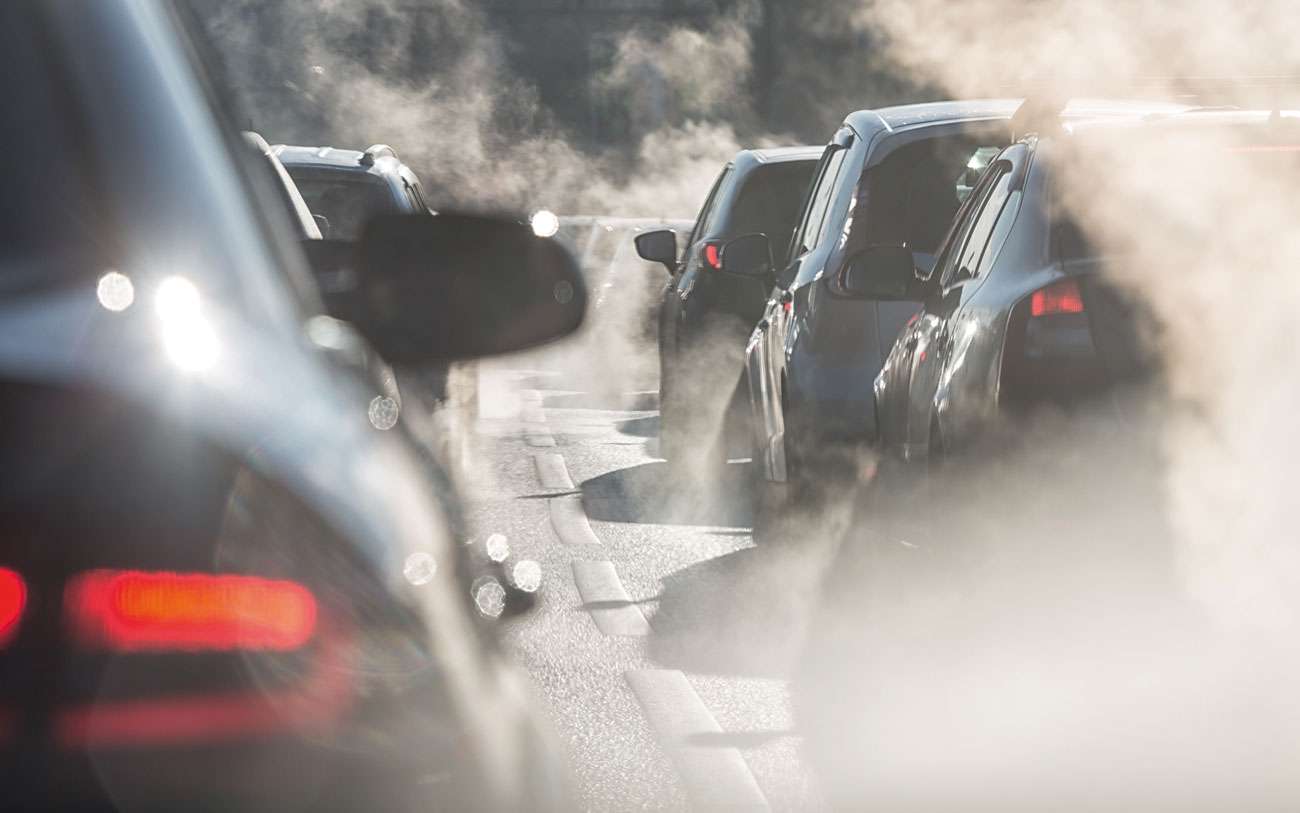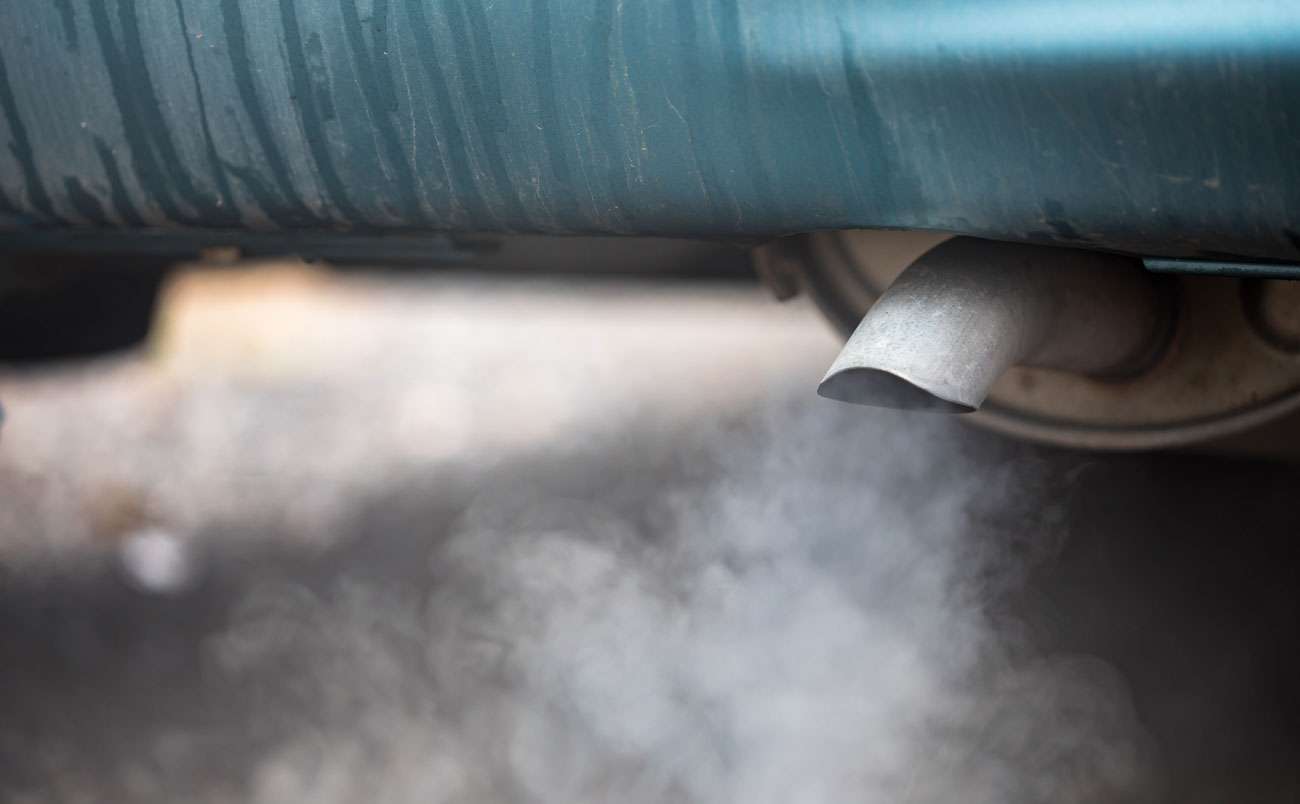
Where I live, there’s a van which pulls up opposite early each morning to wait for somebody to get into his van. People have to work and I have no problem with that (as I do myself) but this man leaves his engine running Mondays – Fridays whilst waiting, sometimes for up to fifteen minutes. He is doing this on a public road which also means that it’s an offence which comes with a penalty, but the bottom line is that, whether this was on a public road or not, this is unnecessary air pollution.
Since the landmark inquest into the death of nine year old Ella Roberts earlier this year, which stated categorically that she had died as a result of air pollution, it’s something that we all need to take really seriously. People with respiratory problems will be particularly at risk of course, but as a community we all need to be responsible about not idling our engines unnecessarily when air pollution is linked to 40,000 early deaths a year in the U.K. (I suspect that this figure will rise now that little Ella’s death has finally highlighted the danger of car exhaust fumes).
Most areas in the U.K. are breaking E.U. limits on air pollution and most of us are probably unaware (I was one of them) that car passengers are more exposed to pollution than cyclists as they’re in traffic for longer because cars trap the killer particles inside. It’s all a bit scary, and ultimately even more worrying when we consider the future for our children and their children, given the climate change emergency.
In the cold months, I’ve heard people say that they’re going to “warm up the car”. Well, since the introduction of fuel injection in cars, this is no longer necessary as we haven’t needed to use chokes to get the car started for decades, so it’s best to just dress up warmly and the car will heat up as soon as the engine has.
It’s a problem in the summer too, when you see drivers just sitting in their cars with their engines running. Yes, it does get very hot in the summer now, but by doing this, people are pumping carbon dioxide into our already overburdened atmosphere, as well as some other really nasty substances like cyanide! I remember back in 2019, whilst on holiday in Dorset, we were walking along a road which had offloaded four coach loads of people for day trips and, despite signs all along the road telling coaches to turn their engines off, all of them (huge diesel vehicles too) were just letting their engines idle whilst they, the drivers, chatted at the side of the road.
I have to admit to wishing that air con in cars had never been invented and I’ve never used it myself, although you definitely need it in Death Valley in America! In the U.K. though, leaving the windows open so that you get a through draught really does help a lot, plus of course parking in the shade and let’s face it, in this country, it’s not for very long each year that it’s a “sacrifice” not to use the air con!
I appreciate that there are important exceptions to the above, for example: ambulances, fire engines and even food delivery vehicles if they have refrigerated goods on board. However, the issue of engines just left to idle whilst somebody eats their sandwiches (which I’ve seen quite a bit) or just for no reason at all is thankfully due to be toughened up.

What we also need to do is to think carefully about how we can reduce the use of our cars by considering things like car sharing and if so, how often? Can we walk or cycle instead on certain journeys? School pick-up and drop-offs are another area that as a community we could really put some thought into, especially now that things are relaxing on the Covid-19 front (well, hopefully). Walking buses have been around for a long time, so it’s sad to still see so many individual cars going back and forth to schools at these times. It would be great if the schools themselves could work with their Parent/Teacher organisations to arrange this. When I was a child and teenager, nobody was taken to and from school and it’s something that could be re-introduced if everyone helps it to happen. Yes, these days there may be DBS checks involved, but that’s a small price to pay for lower air pollution levels around schools and the residential areas that they are situated in.
Finally, this is from www.gov.uk showing the government plans to clamp down on unnecessary air pollution due to engine idling:
“Putting a stop to idling is an easy way to drive down dangerously high levels of pollution, reducing its impact on the environment and our health.
Poor air quality is the biggest environmental risk to public health in the UK. Every minute, an idling car produces enough exhaust emissions to fill 150 balloons with harmful chemicals, including cyanide, NOx (Nitrogen Oxide) and PM2.5 (particles). The microscopic pollutants can result in a range of health problems – from heart and lung disease to strokes and cancer and have been shown to be particularly damaging to children.
These plans – which would represent the biggest change to the rules since 2002 – will also provide guidance to local authorities on their anti-idling powers, enabling them to enforce the law more effectively.
The consultation, expected to launch this summer (2021), will also explore how to deal with repeat offenders who keep their engines running following several warnings. These proposals are the latest move in the government’s drive to improve air quality, which include grants to encourage the purchase of cleaner vehicles, the commitment to end the sale of new conventional diesel and petrol cars and vans by 2040 as part of our Road to Zero strategy, and the doubling of investment in cycling and walking since 2010.”
The bottom line is that, on this issue, there’s a lot we can do as individuals and as communities.











